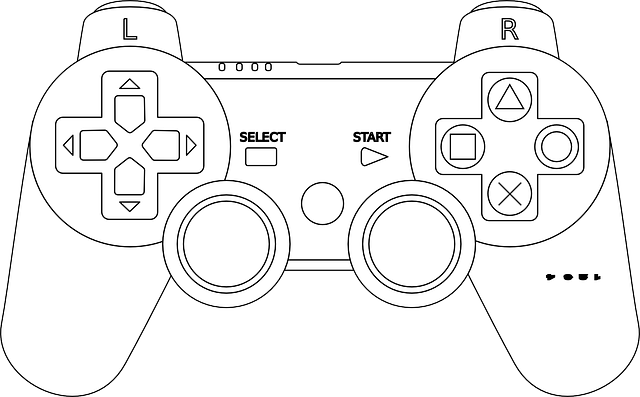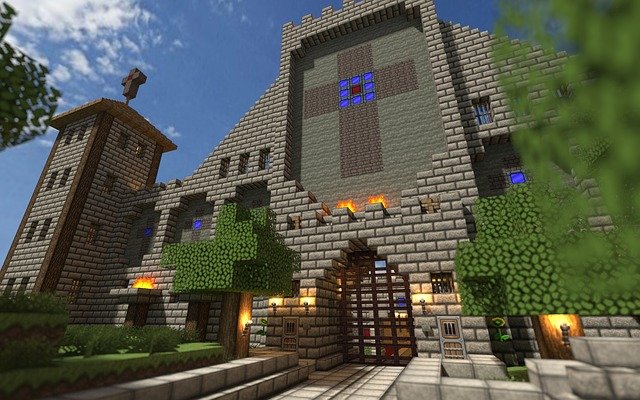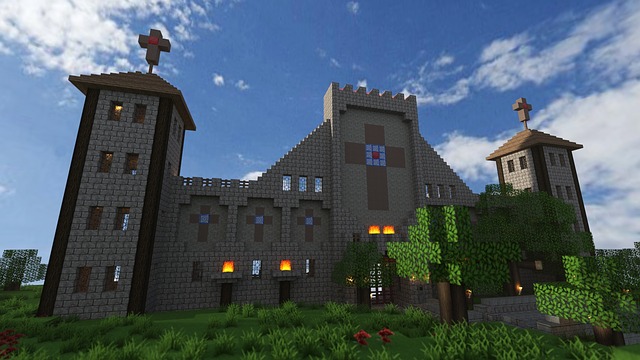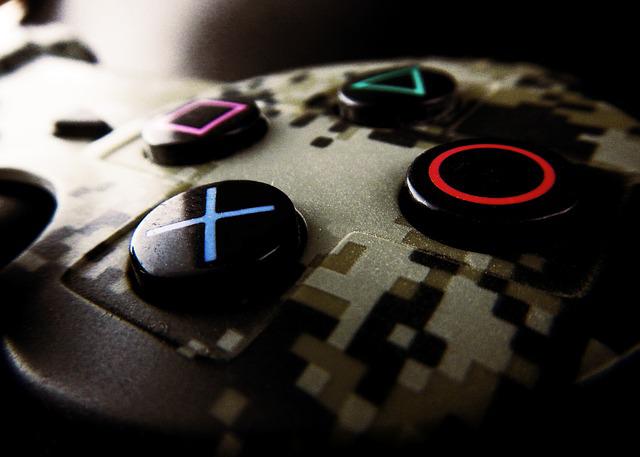If you or someone you know often plays video games and those particular games happen to be scary or violent in nature, you might want to take a moment to consider the health effects.
Even though many scary and intense games promise heart-stopping action, some of the more modern video games might actually present a real risk for certain players to experience higher stress levels, loss of consciousness, and even heart attacks.
Read on to learn more about the effects these video games can have on your health, whether it’s an intense, action-packed violent version or a more horror-filled experience with sudden scares.
There are both benefits and negative effects, but there are ways to stay on the lookout for possible risks and get medical attention if needed.
Think about any time you get scared. For example, when you’re watching a horror movie and one of those hallmark “jump scares” flashes across the screen.
You might jump a bit. It might feel like your heart jumped, too. That leads to your heart beating faster, if even for a few moments.
You might feel a bit anxious while the movie music takes a turn to the creepy side, or even watching the entire movie if you’re anticipating those scary moments.
Fight or flight and jump scare effects
Physically, our bodies and brains are being bombarded with chemicals. Adrenaline and dopamine speed up heart rate and blood pressure. This floods the muscles with oxygen, preparing for what’s known as the body’s “fight or flight” response.
It might be a few moments or more of feeling pumped up, but sometimes that isn’t the best thing for our health — especially if there’s a heart condition at play.
Now stretch that out during the entire video gaming experience, where there might be long periods of violent action or ongoing scary moments.
All of this can trigger higher stress levels, which can in turn lead to faster heartbeats. That can be dangerous for people with underlying or unknown heart conditions.
Even though researchers emphasize the risk is low and not a common happening for video gamers, the risk to the heart from violent, scary, or emotionally taxing video games does exist.
In recent years, some video game players have passed out when intense gaming sessions caused their heartbeat to lapse into an irregular rhythm (arrhythmia). This happens when electrical impulses that direct and regulate heartbeats don’t function properly. This causes the heart to beat:
- too fast (tachycardia)
- too slow (bradycardia)
- too early (premature contraction)
- too erratically (fibrillation)
The prevalence of arrhythmia is estimated 1.5% to 5% of the population. Some are likely unaware that they are living with this undiagnosed heart disorder.
Not all of this is a novel area, as it’s been studied since the earliest days of video gaming. In fact, this landmark 1983 study points to the cardiovascular concerns that can arise. That research linked video games of that era to seizures, psychological disturbances, higher blood pressure and increased heart rate.
“In view of these results, other cardiovascular changes might be expected to occur during video-game playing,” the study authors wrote. “Although the changes reported here were minor, even minor cardiovascular alterations could potentially prove serious in persons with cardiovascular disease.”
On a broad scale, some researchers have started dubbing this the “Fortnite phenomenon,” referencing the popular but violent war-focused online shooting game where players battle other players and zombie-like beings in an apocalyptic future world.
In a 2020 case report, researchers examined two cases where children experienced heart issues after playing online video games. They concluded that these types of games, which have assumed a prominent role in today’s children and adolescents, present more of a concern than ever before.
The strong emotional and stress and adrenaline-inducing effects of these games can cause dangerous health effects for those with underlying heart conditions, as well as those without a known cardiac condition.
That is the same conclusion that came from a 2019 research report, in which a group of researchers in Australia highlighted 4 instances where 3 children fainted while playing war-focused video games. They all had underlying conditions affecting the heart’s electrical system, but 2 of those children had not had their heart conditions discovered until after they’d fainted while playing the game.
The three boys were 10 to 15 years old, and they separately lost consciousness when the video game’s war action grew to a “fever pitch,” according to the researchers. Each one was found to have a rare but serious underlying heart abnormality, because of the structure or electrical function of their heart muscle.
- a 10-year-old boy fainted but regained consciousness, and later at school experienced cardiac arrest due to ventricular fibrillation, a very dangerous abnormal heart rhythm that may be brought on by a heart attack. He was diagnosed with a rare heart condition caused by a gene mutation.
- a 15-year-old boy fainted as he was about to win the war game he was playing; he’d previously had a hole in his heart repaired by surgery. He was diagnosed with ventricular tachycardia, or near cardiac arrest with a very fast heartbeat of 100 or more beats per minute. That same boy also collapsed again 2 months later, while nearly winning the video game he was playing. He received treatment and his heart rhythm was restored.
- an 11-year-old boy collapsed after having heart palpitations while playing a video game. He was later diagnosed with long-QT syndrome, which causes irregular heartbeats.
“Electronic games have been shown to significantly increase the heart rate of participants,” the Australian researchers wrote. “Mental stress and heightened emotion have been shown to shorten the ventricular action potential and are known triggers for cardiac arrhythmia, particularly in long-QT syndrome.”
All of this isn’t to say that anyone is likely to have a heart attack because of a scary video game. But even a casual look at the research, including this 2015 study, shows that violent video games increased stress levels in certain teenage girls; even if it did not necessarily cause them to be violent.
Also, researchers as recently as 2021 have pointed out that as online video games became more realistic and venture into more immersive virtual reality (VR) experiences, those health impacts ranging from heightened stress, adrenaline and potential heart implications can become even more pronounced.
Interestingly, Indiana University researchers in 2015 examined this topic in a first-of-its-kind study looking at the features specific to video games that affect fright experiences and what fear reactions people experience with horror video games.
They surveyed 269 college students online about their experiences with popular video games at the time, including “Resident Evil,” “Call of Duty” and “Amnesia: The Dark Descent.” The study found more than half felt fear when playing the game, but 44.1% of those who felt scared enjoyed that feeling.
Other research has shown positive effects of video games may include:
- improved cognitive abilities
- better problem-solving skills and logic
- increased hand-to-eye coordination
- greater multi-tasking ability
- faster and more accurate decision-making
- enhanced prosocial behaviors
- better attention to detail)
Video games that are violent, scary, intense action-filled experiences have the potential of raising stress and adrenaline levels in players. Those who have underlying heart conditions or irregular heart rhythms may be at a higher risk of experiencing health concerns as a result of playing these types of games.
You can contact your doctor if there are any specific heart-related concerns due to video gaming. But if you or someone who plays these games faints or loses consciousness while playing, seek emergency medical help immediately.
Source: https://www.healthline.com/health/heart-attack/video-games-cause-heart-attack



